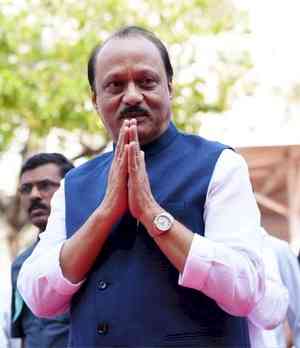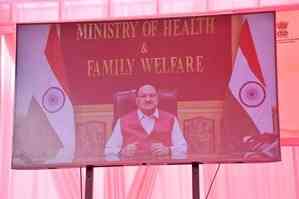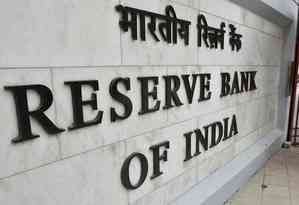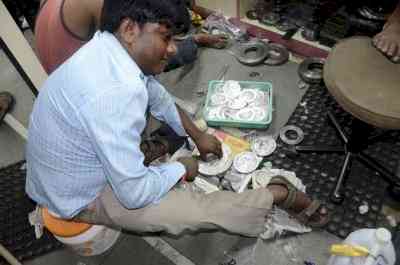Paras Healthcare aims expansion; within next 2-3 years, plans to have 3000 operational beds
Paras Healthcare, a chain of hospitals providing specialized tertiary medical care across different parts of India has plans of expanding its operations across different parts of the country post-pandemic.
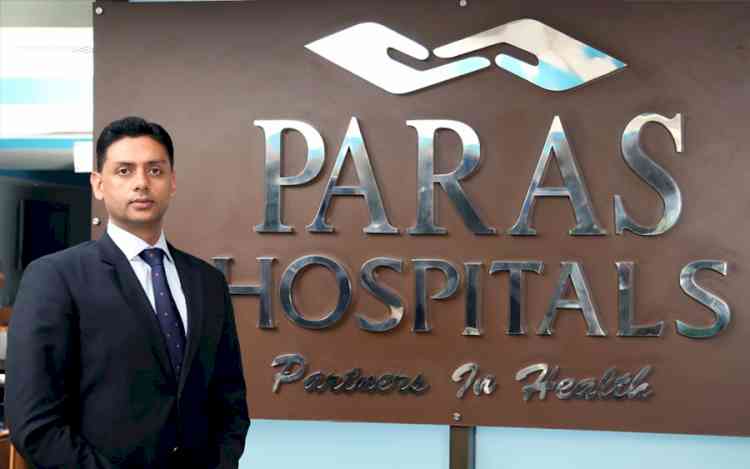
New Delhi, 11th May, 2022: Paras Healthcare, a chain of hospitals providing specialized tertiary medical care across different parts of India has plans of expanding its operations across different parts of the country post-pandemic, especially in areas where there is a need for healthcare facility and an unmatched demand to be fulfilled. After starting a Super Speciality Hospital at Gurgaon in the year 2006, they steadily expanded their services into Patna, Darbhanga, Udaipur, Panchkula and Ranchi reinstating their mission of providing affordable, accessible, quality healthcare to under served areas.
Speaking on expansion plans, Dr Dharminder Nagar, Managing Director, Paras Healthcare Group said “If anything, the pandemic has highlighted the critical need for high-quality accessible health care. We at Paras Healthcare, looking at expanding our healthcare facilities wherever required. Within the next 2-3 years, we are planning to have 3,000 operational beds. Our 200-bed facility in Srinagar should start by October 2022 and a 435-bed hospital in Kanpur by April 2023. We expect to be operating a 400-bed hospital in Ludhiana by February 2025, a 350-bed facility in Meerut by April 2025 and a 300-bed facility in Jammu by September 2025. Panchkula facility is already functional however we will be adding 260 beds by April 2025. We might look at Faridabad, too, in the near future. At the macro level as well, we are adjusting our plans to the new reality. For instance, for our new hospital in Kanpur, we would have looked at having 80 ICU or critical care beds but now we are looking to have something around 140.”
“Within the next 5 years or so the healthcare sector will witness explosive growth as a whole. We have entered an era where health insurance will become a fundamental right in the next 5 to 10 years, and whether it is through private insurance or public insurance, almost every citizen will be covered to some extent. Second, after the reform of the Medical Council of India (MCI), the country is going to produce roughly 100,000 MBBS students a year and 50,000 post-graduates. This is going to push up the availability of doctors all across the country. Demand and supply-side growth will translate into explosive growth for the sector” he added .
“Apart from the worrying low doctor-patient ratio, quality cardiologists, oncologists, surgeons, diagnostic techniques remain mostly clustered in specific hospitals in metropolitan cities. Thus, if a person in a remote town suffers a cardiac condition and needs immediate care, he or she has to travel all the way to metro cities to get treated. This is a stark reality for millions of people, even when they can afford the costs of world-class healthcare. Contrary to common perception, this lack of quality healthcare is not just limited to the economically deprived sections of society. Even relatively well-to-do people often find it difficult to avail reliable and best healthcare advice and treatment. Even as hospitals and facilities come up all over the landscape, trustworthy and reliable medical facilities are scattered and too far and few. Reaching out to the untapped markets is a win-win proposition for patients as well as providers” said Dr. Dharminder Nagar.


 City Air News
City Air News 
